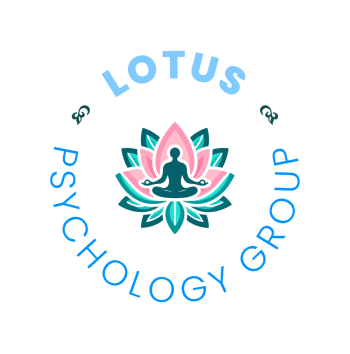Therapy for Trauma Healing & Recovery
What Is Trauma?
Trauma is anything that causes a wound or injury. Physical trauma can be things like bruises, cuts, and burns. Psychological sources of trauma are events that overwhelm an individual’s ability to process an experience. Things like car accidents, life threatening experiences, serious medical diagnoses, violence, or assault can all cause psychological trauma. For some, these trauma responses resolve quickly and naturally. Others will experience prolonged effects after a traumatic experience, and they may require therapy and other support to achieve healing and recovery.
Is Post-Traumatic Stress Disorder Different?
Post-traumatic stress disorder (PTSD) is the diagnosis given to individuals who experience a severe and/or prolonged response to a traumatic event. Signs that trauma response may be PTSD include:
· Intrusive thoughts, memories, flashbacks, nightmares, or reliving the event
· Avoiding people, places, or experiences that stir memories of the trauma; individuals may even avoid thinking about these things
· Intense emotions, mood swings, irritability, and difficulty managing emotions
· Numbness or inability to feel emotions, especially positive emotions
· Struggle to maintain friendships and other relationships
· Feeling alone, isolated, or detached from loved ones and often from themselves
· Lost interest in activities they used to enjoy
· Engaging in self-destructive, trouble-seeking, promiscuous, compulsive, or otherwise dangerous behaviors
· Hiding response to trauma out of shame and guilt
How Does Therapy Help?
How Do I Get Started?
At Lotus Psychology Group, our knowledgeable therapists are here to support clients as they process trauma and PTSD. If you’re ready to take steps to heal and reclaim your life following trauma, we hope you’ll reach out. You can get started any time by completing our online contact form or emailing info@lotuspsychgroup.com. You can also call us during regular practice hours at (248) 957-8973.

